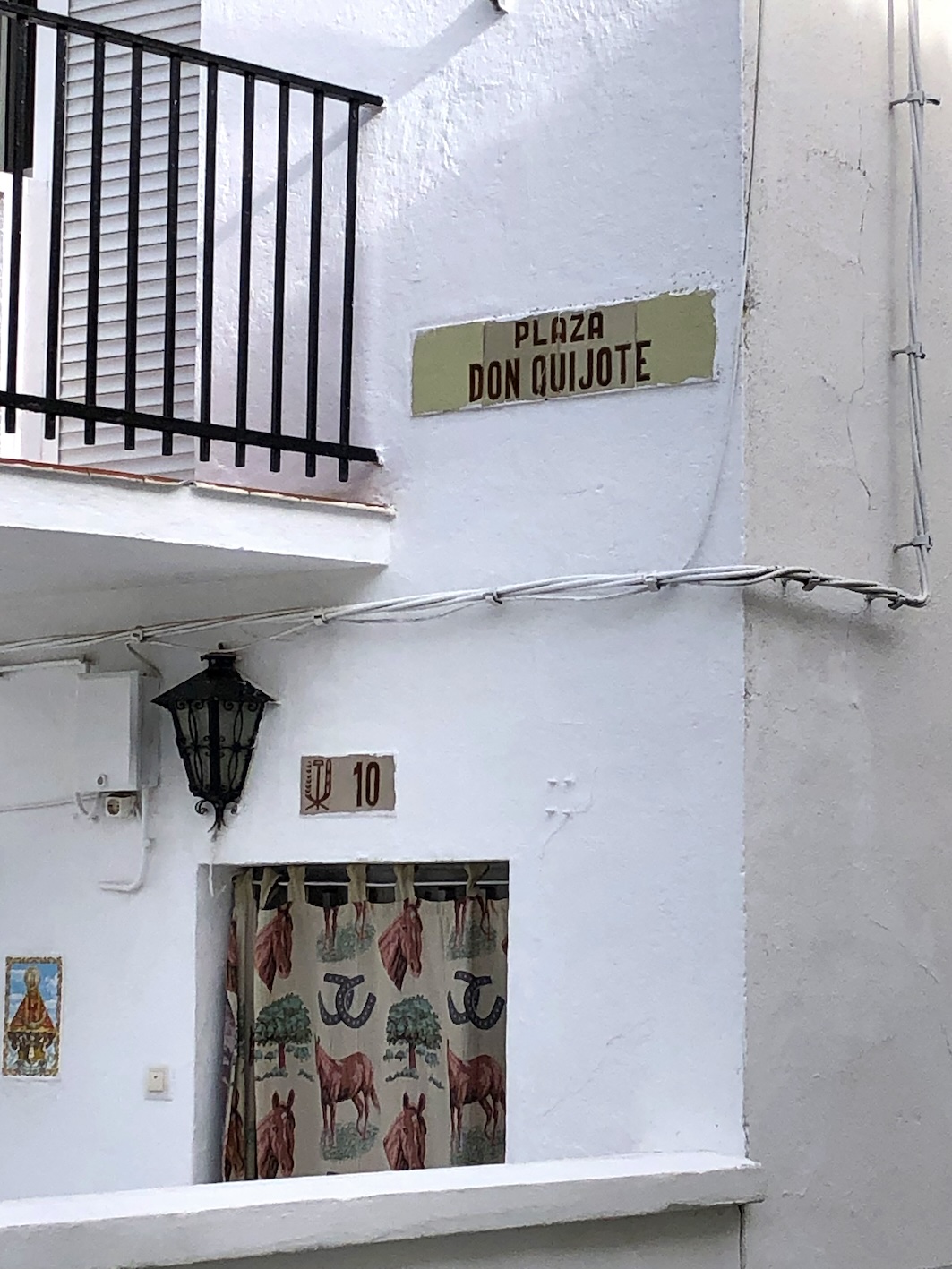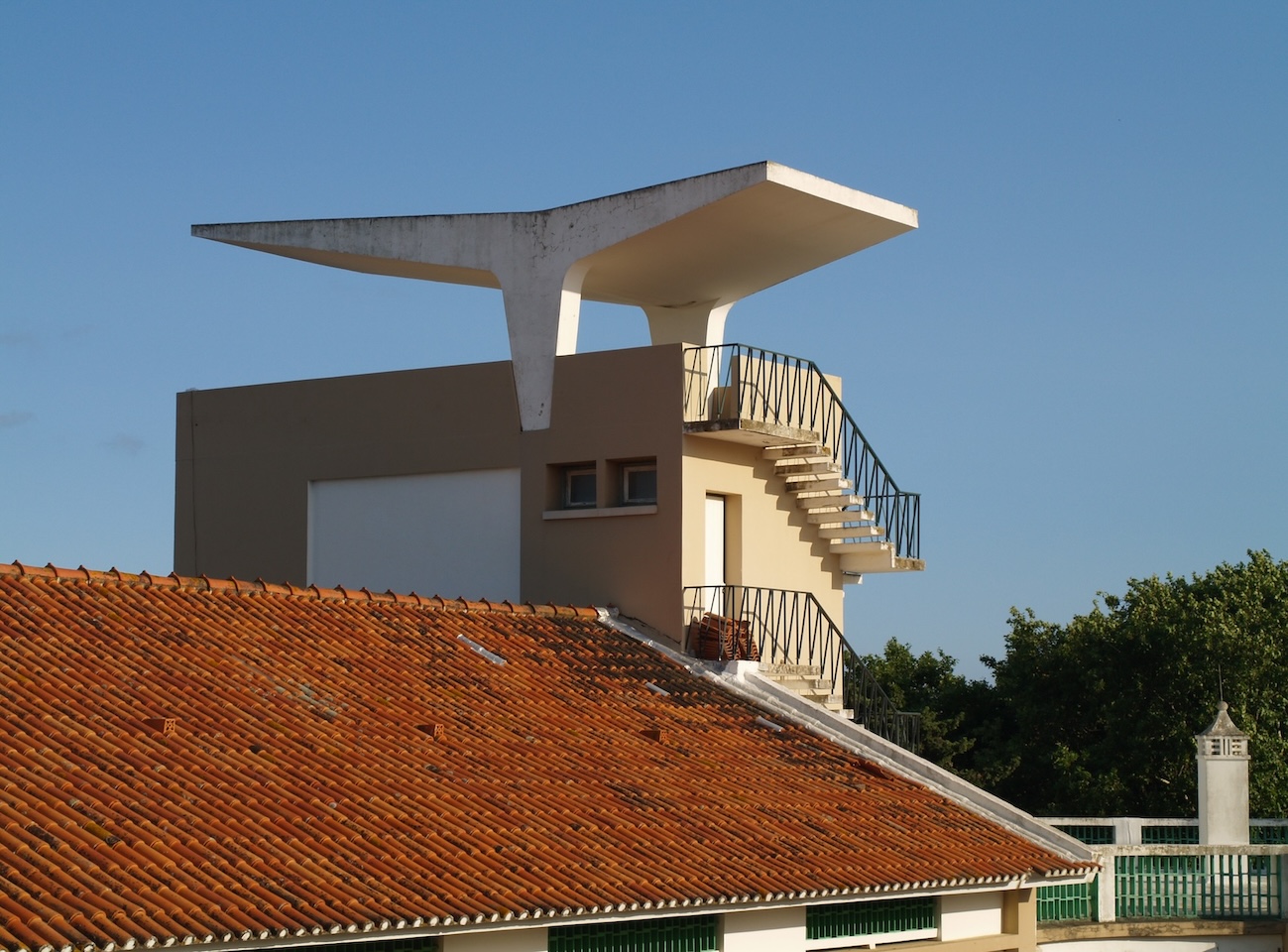European Research Council Starting Grant (GA949686) ReARQ.IB - Built Environment Knowledge for Resilient, Sustainable Communities: Understanding Everyday Modern Architecture and Urban Design in the Iberian Peninsula (1939-1985)
How can we manage, improve and develop resilient, sustainable communities, without a solid scientific knowledge of our built environment? Our everyday life is framed by a cohort of buildings about which we know very little, or nothing: they are outside of our cultural concerns, even though we reside, work, learn or convalesce in them. Understanding the architecture that shapes our everyday empowers our communities – it enables them to take informed decisions about what to preserve, reuse and replace; how to update and improve their buildings. At a time when resources are dwindling and must be used rationally, repurposing and retrofitting existing buildings is a priority over new construction, everywhere. European societies have a vast building stock at their disposal, erected in the second half of the past century, to be used and transformed: sturdy, pragmatic objects whose features are seldom discussed. ReARQ.IB bridges the gap between local communities in Spain and Portugal and their ‘architecture of proximity’: structures, ensembles and neighbourhoods generally left out of canonical historiography, close to our lives but far from our minds. Making the genetic fabric of this built environment clear, intelligible and operative is an essential first step for responsible management and decision-making by stakeholders. Contemporary architecture in both countries may be celebrated in professional circles, and even enjoy public visibility – but communities across the Iberian Peninsula, including many designers, know precious little about their modern built environment, which grew exponentially in the 20th century. Focusing on public-use and residential buildings – prevalent generic typologies that concern most communities – ReARQ.IB will integrate information and critical enquiry to support management and action while advancing architectural and urban history. This is applied science for community participation enabling a more sustainable and resilient built environment
Project Information
2021-05-01
2026-04-30
Project Partners
- DINAMIA'CET-Iscte (CT) - Leader
The Architecture of Need: Community Facilities in Portugal 1945-1985
The Architecture of Need: Community Facilities in Portugal 1945-1985 looks at the commission, design and production processes of essential local community civic and farmingfacilities in Portugal between the end of WWII and accession to the European Community. These buildings, mostly architect-designed, are part of our daily lives and testify toarchitecture’s attempts at social relevance, as material bonds between creators and users of the built environment; but they have been largely ignored by the dominant culture ofarchitecture, with its metropolitan-, art-historical-slanted approach. Now that dwindling resources must be used rationally and communities large and small need to build up theirresilience in a sustainable way, a novel, comprehensive understanding of these facilities, the agents, concepts, discourses and strategies behind them and their architecturaldefinition is paramount. This is an academic project designed to retrieve the long-lost DNA of everyday public-use and farming facilities in Portugal in order both to advance theculture of architecture and to empower local communities to knowingly reuse, transform, repurpose, maintain or eliminate critical pieces of their architecture of proximity.Building on career-long efforts by the team, this project moves away from the architecture of auteurs and artistic canons to discuss agents, pragmatic responses and service, incontexts where basic needs are met by works seen as mundane, the product of purportedly unremarkable processes. It investigates how unsung architecture, relevant for laypeopleand architects in the past, might be so again in the future, by looking at where it was most directly called to address need: in essential civic and farming facilities erected in non-metropolitan areas of Portugal. These include buildings for health care (medical centres, nursing homes); general public services (parish and town halls, market halls, public spaces);social support (adult and child care, community centres, t...

 Português
Português


